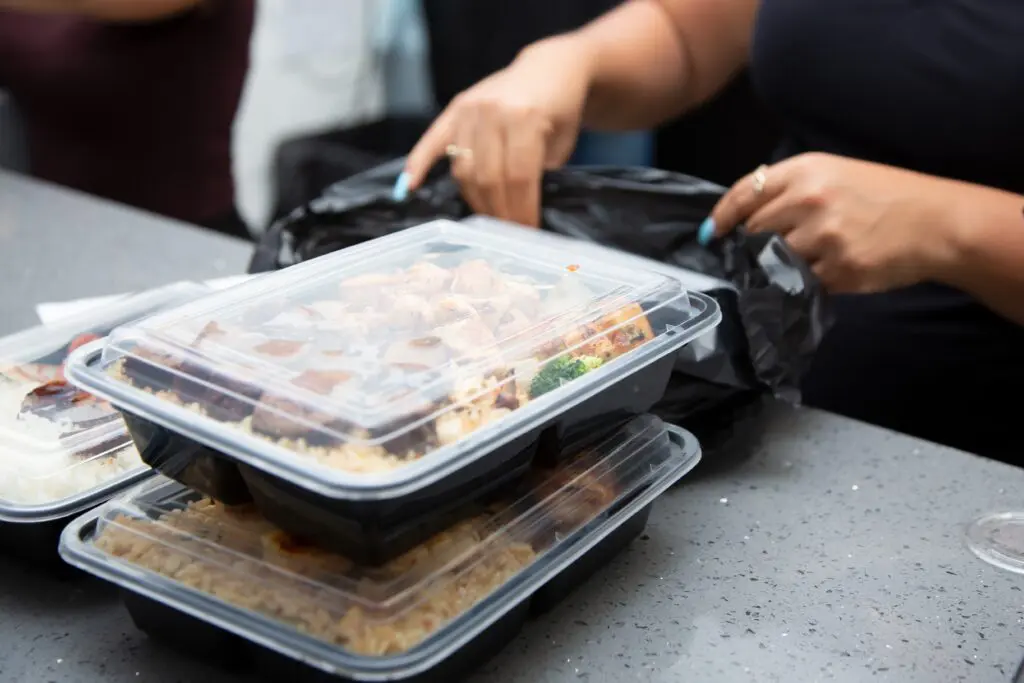The plastic recycling industry is moving through a challenging period at a time when the spread between goal and result is widening day by day.
Crude oil prices have been volatile in the last two months. At the beginning of September, they were around US$ 73 per bbl but then slumped by almost 10%, falling to US$ 65 per bbl in just 10 days. By the middle of October, they jumped by 15% and reached US$ 76 per bbl.
By the end of October, they were back down to around US$ 67 per bbl. Today, prices hit US$ 69. This volatility fuels more uncertainty to the market.
The plastic recycling industry’s long-term hopes are based on the increased use of recycled plastic in new packaging. To stimulate the adoption of reyccled content by brand owners, some European member states have brought in – or are planning to do so – ‘plastic taxes’. Unfortunately, the reality is that recycled plastic granules are still not a preferred raw material input for many applications due to their non-standard nature.
No competition
Like many regions, the European economy is still struggling with high interest rates and inflation. Export of plastic scrap to Asian countries and Turkey continues. While the demand is not that great in these importing countries due to competition from low prime plastic prices, no alternative is being offered by the European market.
European recyclers are also working at low capacities due to the weak demand for recycled granules. Prices of the principal plastic scrap grades have fallen in the last two months. At the beginning of September, LDPE natural film prices in the European market ranged between EUR 385-395 per tonne.
This fell to EUR 355-365 per tonne by the end of October, and EUR 350-360 this month. Low prices are also affecting the segregation and quality of plastics. Availability of material remains a concern.
The high cost of recycling in Europe is a major challenge for European recyclers struggling to compete against the low recycling costs within Asian counties. Imported recycled granules are extremely competitive against recycled granules made in Europe. Increased imports of recycled granules from outside the EU will have an adverse effect on the European industry.
In recent months, many recycling companies have gone out of business and if the situation remains the same there will be further closures. To prevent this, European plastic recyclers are looking to ban the import of recycled granules which do not comply with EU requirements.
Global volatility
Prime plastic prices remain very low in the European market. Low-priced prime material from the Middle East, Far East and USA is being imported into Europe continuously.
Shipping freight rates have remained stable in the last two months but the availability of space on vessels has brought much bigger issues for exporters. The rollover of vessel schedules has added to the challenge of meeting cut-off times required by shipping lines, and to plan for exporting.
Most lines are still using long routes from Europe via the Cape of Good Hope to avoid the risks in navigating the Red Sea. Longer transit times are now becoming a new normal for the trade.
Read the full market report in our upcoming issue >>
Don't hesitate to contact us to share your input and ideas. Subscribe to the magazine or (free) newsletter.



